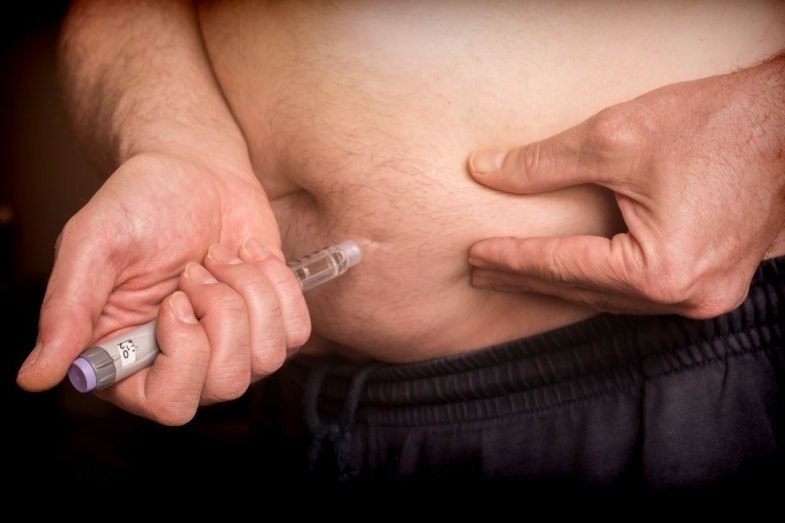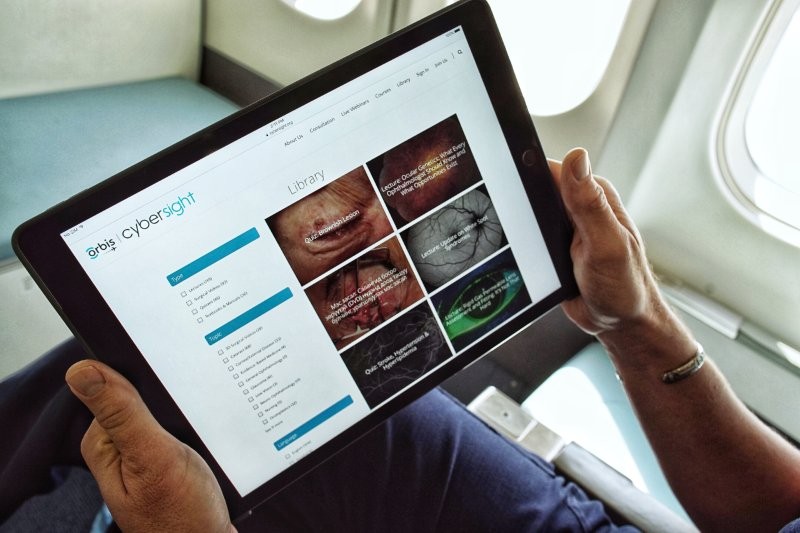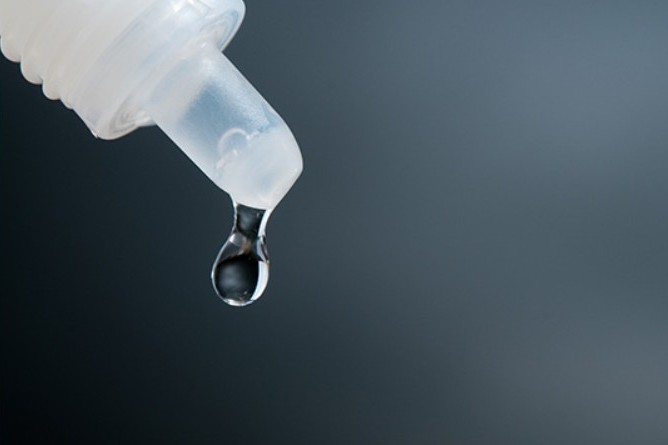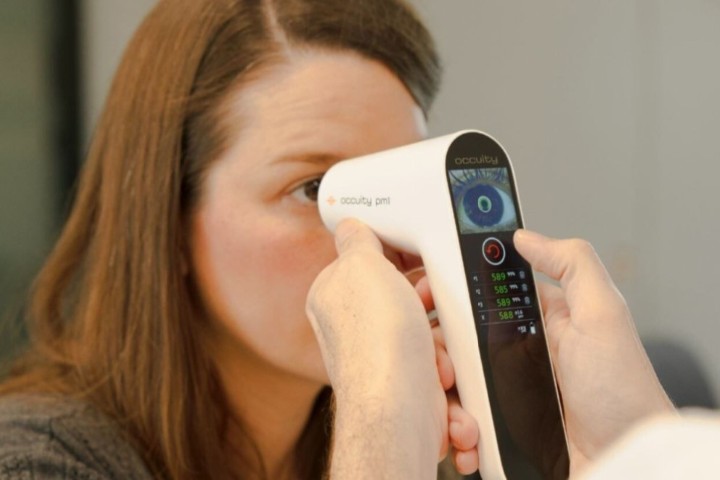New supplier for povidone iodine
As New Zealand’s previous sources of povidone iodine 5% dry up, local supplier Medix21 has stepped in to find an alternative source to meet the country’s increasing needs.
Povidone iodine (PI) 5% is a disinfectant and antiseptic agent commonly used prior to ophthalmic surgery and intraocular injections and, less frequently, to treat conditions such as infectious keratitis, endophthalmitis and some forms of conjunctivitis.
Medix21 surgical sales manager Camille Furnandiz said she was only made aware of the country’s rapidly depleting PI stocks in 2023. “When I contacted Pharmac in May 2023, they told me they don’t currently fund any povidone iodine products for ophthalmology. I left it at that stage but then heard from several clinicians later in the year who said the hospitals were running out.” This means an increasing number of ophthalmic teams are being forced to look at more expensive and less straightforward alternatives, she said. This includes using single-use PI bottles, which can cost up to 50x as much, according to one ophthalmologist, or diluting PI 10%, which can affect the pH level and result in additional discomfort for patients. “Everyone prefers to use larger bottles for multiple patients, rather than single-use ampoules with lots more packaging, waste and cost involved,” said Wellington-based ophthalmologist Dr Jesse Gale.

Medix21's Camille Furnandiz
Pfizer previously catered to the country’s PI 5% needs but warned Pharmac in 2021 that this supply would end following the sale of its Perth-based manufacturing facility to global investment firm Bridgewest Group in April 2023. A discontinuation notice was given to Pharmac in September 2021 to ensure that Pharmac had enough lead time to seek alternative means of supply, said Andrea Cornish, Pfizer’s external communications manager.
Prompted by concerned ophthalmologists, Furnandiz reached out to Aurolab, part of the Aravind Eyecare System in India, which manufactures PI 5% in 5ml eyedrop form. “As the supplier for Aurolab in New Zealand, we approached them to see if they could manufacture it in 100ml bottles, like the Pfizer version,” she said.
Working with Murray Campbell, general manager of New Zealand-based pharmaceutical wholesaler CDC Pharmaceuticals, the necessary paperwork and labelling from Aurolab has now been secured to sell PI 5% in 100ml bottles in New Zealand as a section 29 medication. This allows practitioners to access unapproved medicines imported into New Zealand by licensed wholesalers under a range of criteria. Medix21 achieved 90 days of stability data for the 100ml bottle formulation in December and should be able to supply this through CDC Pharmaceuticals from the end of January, said Furnandiz.

Pleased with this news, Auckland ophthalmologist Dr Trevor Gray said he’s now confident Medix21’s partnership with CDC Pharmaceuticals can maintain his supply and avoid him having to entertain alternative sources or interruptions to his surgical schedule.
Medix21’s 100ml bottles of PI 5% will be priced similarly to Pfizer’s, said Furnandiz, adding that all Aurolab’s international profits are used to fund free eyecare for Indian patients. Pfizer is also discussing the possibility of resuming manufacturing and supply to New Zealand later in 2024, said Cornish.
























